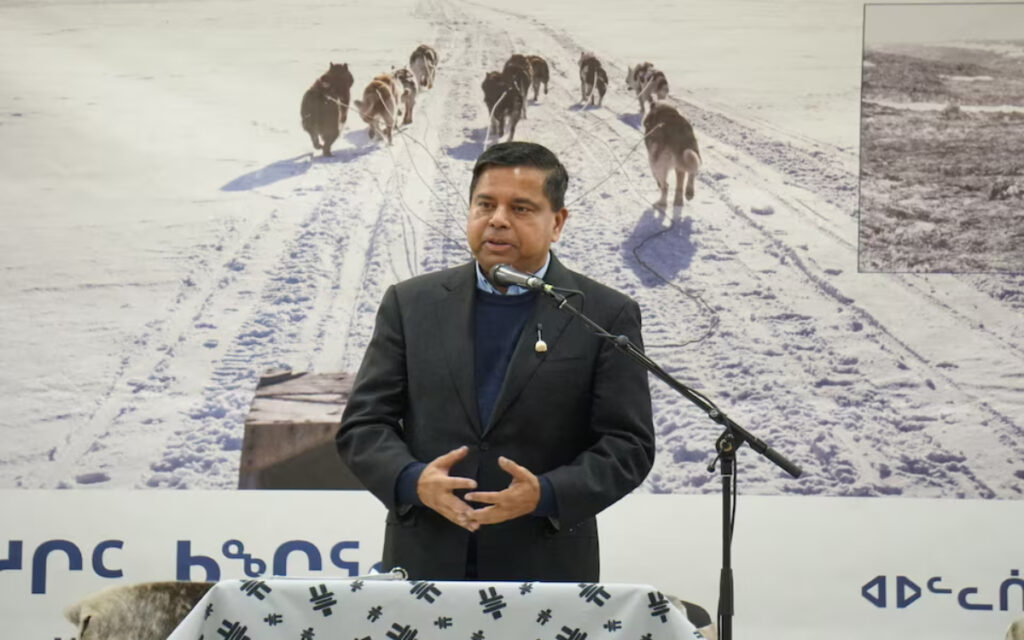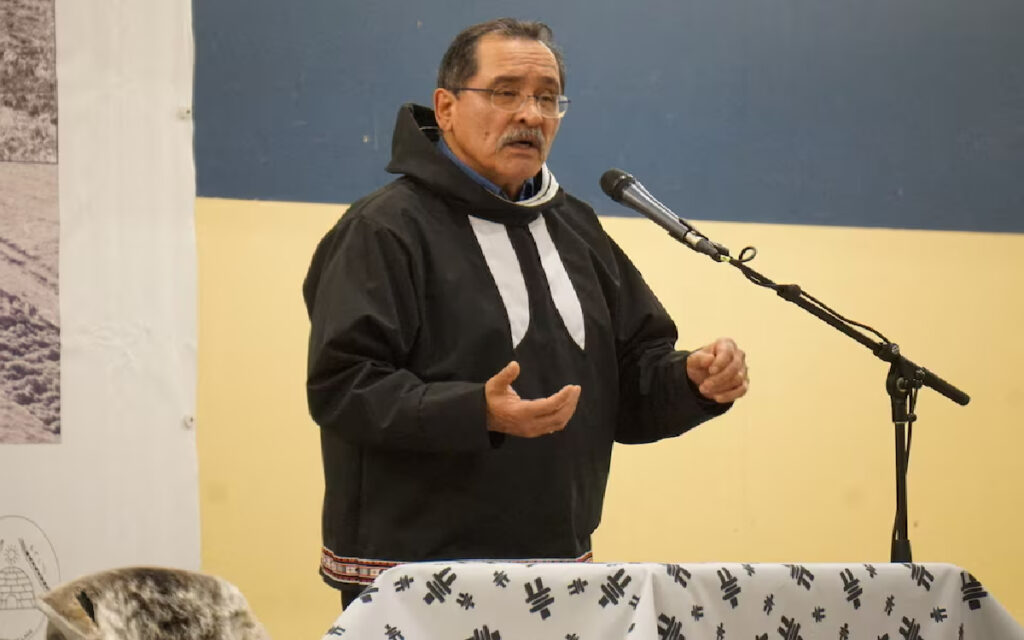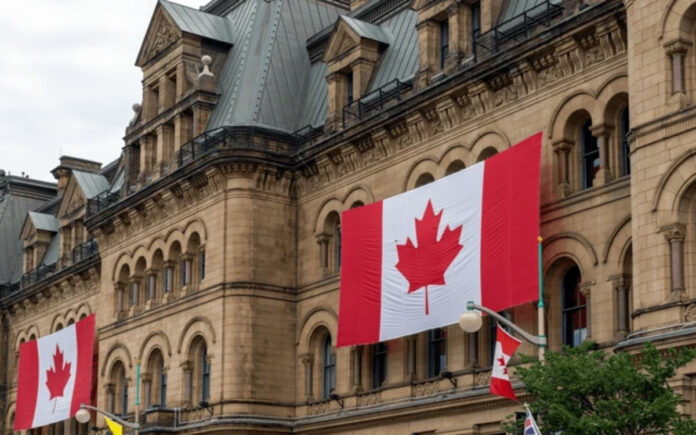Kangiqsujuaq, Quebec, Canada: The Canadian government has formally apologized to the Inuit of northern Quebec for the mass killing of sled dogs, or qimmiit, in the 1950s and 1960s. The slaughter, carried out by authorities, devastated Inuit communities, stripping them of their primary means of hunting and travel, and leaving lasting scars on their culture and livelihoods.

Gary Anandasangaree, Canada’s Minister of Crown-Indigenous Relations, delivered the apology in Kangiqsujuaq, Nunavik, and announced compensation of 45 million Canadian dollars ($32.19 million) as part of the government’s effort to address historical injustices.
“Today, the Government of Canada accepted responsibility for its role in a terrible historic injustice and expressed its deep regret and sincere apology for the harms inflicted by the slaughter of qimmiit in Nunavik,” Anandasangaree stated.
This apology follows a similar one issued in 2019 to the Inuit of the Qikiqtani region, including Baffin Island, for traumatic federal policies such as family separations and sled dog killings.
Historical Context of the Sled Dog Killings
From the mid-1950s, thousands of sled dogs—vital to Inuit culture and survival—were killed by the Royal Canadian Mounted Police (RCMP) and other authorities in northern settlements. These teams were indispensable for transportation across the Arctic’s vast frozen landscapes and for hunting seals and caribou.

The killings caused severe food and economic insecurity for the Inuit in Nunavik. Traditional ways of life were disrupted, and communities faced deep emotional and cultural losses. “Their independence was taken away, they could not go out on the land anymore, and there was no means of hunting,” said Pita Aatami, President of Makivik Corporation, which represents Quebec’s Inuit.
Also Read | Next World War to Be Fought on Chips, Says S Jaishankar
Aatami described the incident as an intergenerational trauma, emphasizing that it had taken decades of advocacy to receive this long-overdue apology. “It’s been an intergenerational trauma and has taken 25 years of my life to get here,” he told Reuters.
Controversy and Colonization
While the RCMP claimed in a 2006 investigation that the killings were carried out for public safety reasons, Inuit leaders argue otherwise. They maintain that the mass slaughter was part of a broader policy to force the largely nomadic Inuit into settled communities. Aatami compared the killings to other colonial policies, including family relocations and the residential school system, which forcibly separated children from their families.
Also Read | Israeli Embassy in Jordan: Shooting Leaves 3 Policemen Injured, Gunman Neutralized
The Quebec government previously issued an apology in 2011 for the sled dog slaughter conducted by provincial police in the 1950s and 1960s.
The Canadian government’s apology and compensation are seen as steps toward healing, though many Inuit leaders stress that the path to reconciliation requires continued acknowledgment and concrete actions to address historical wrongs.



